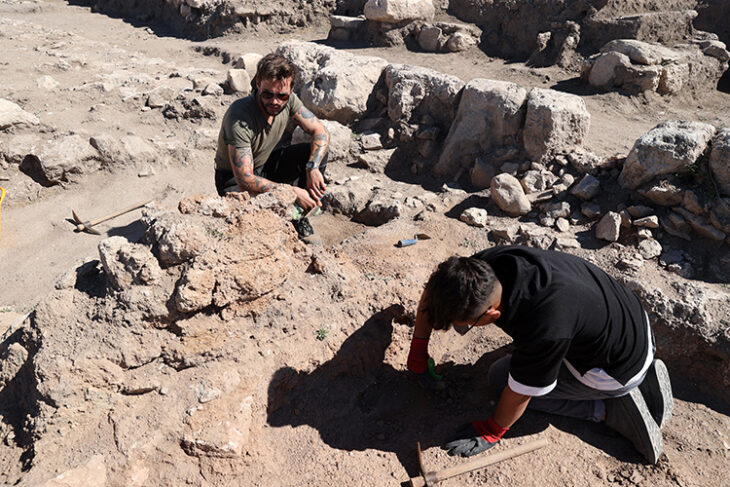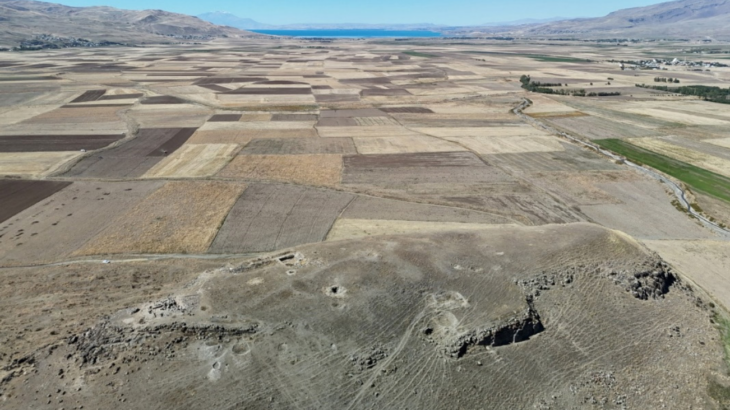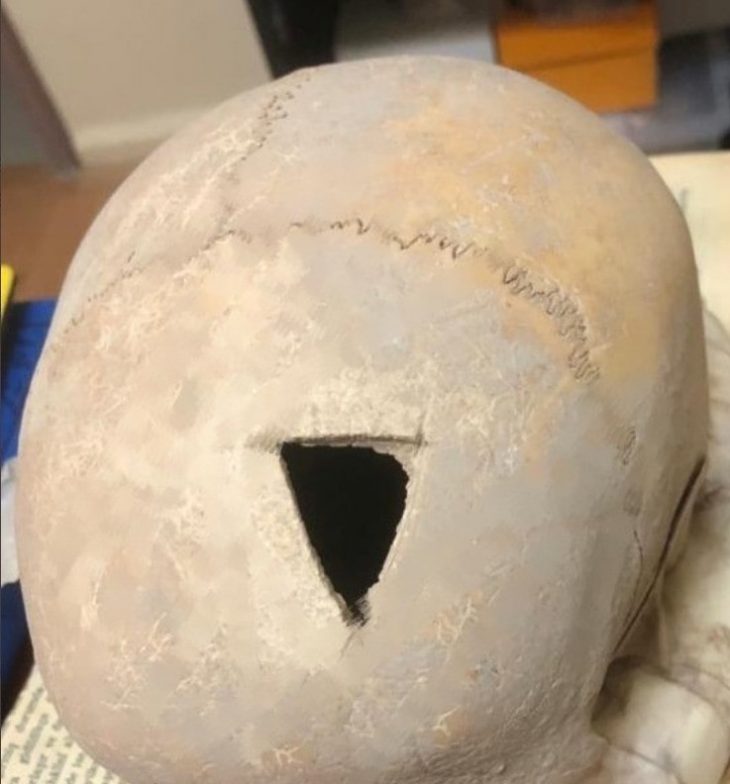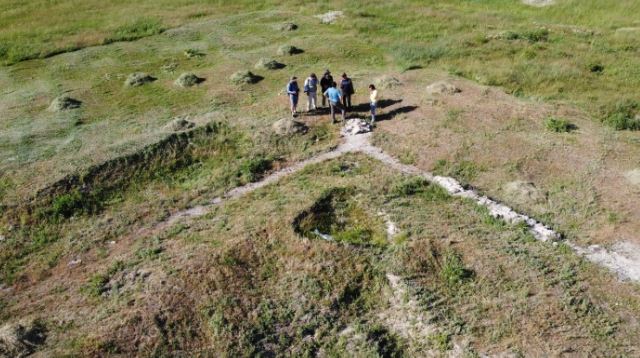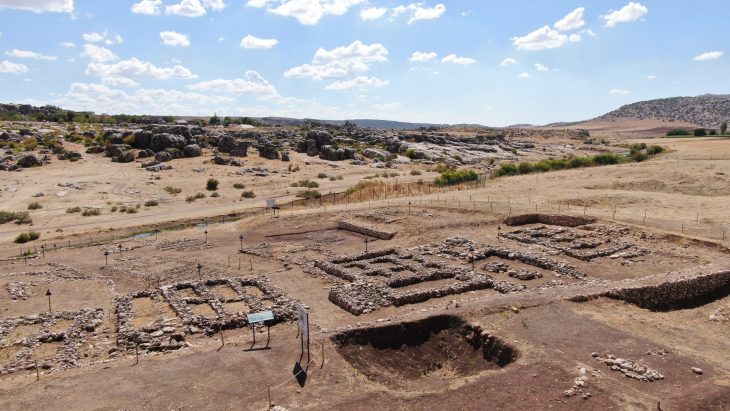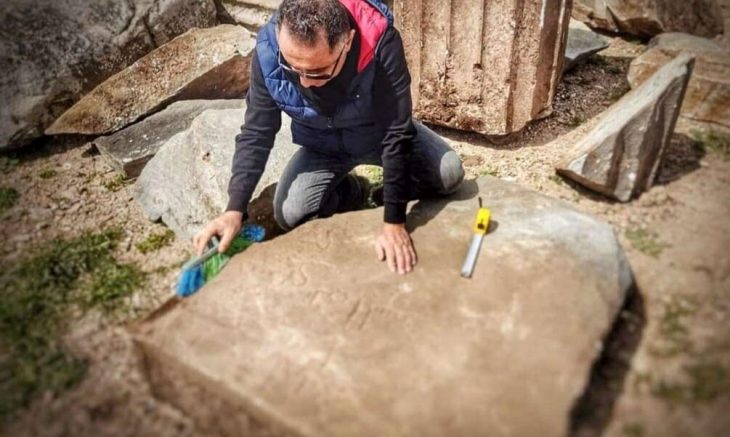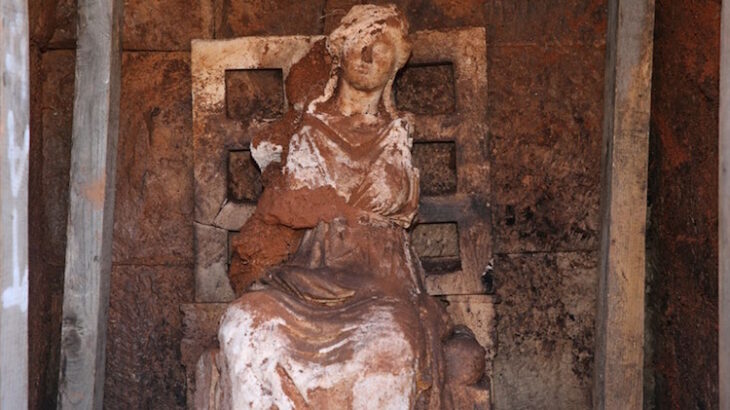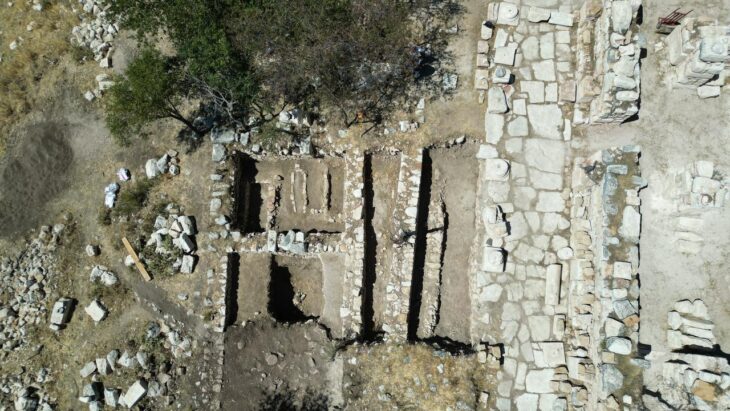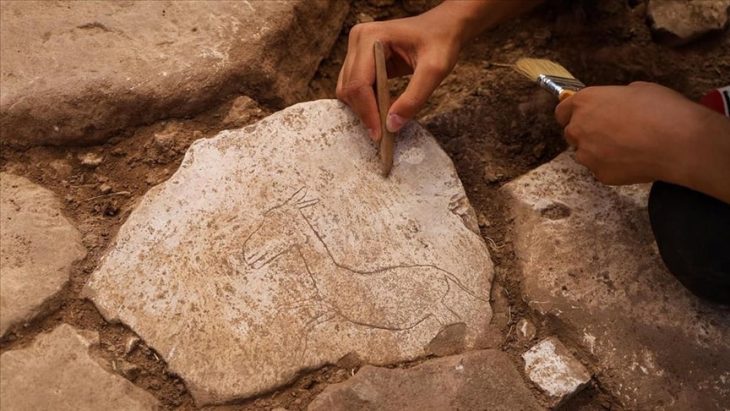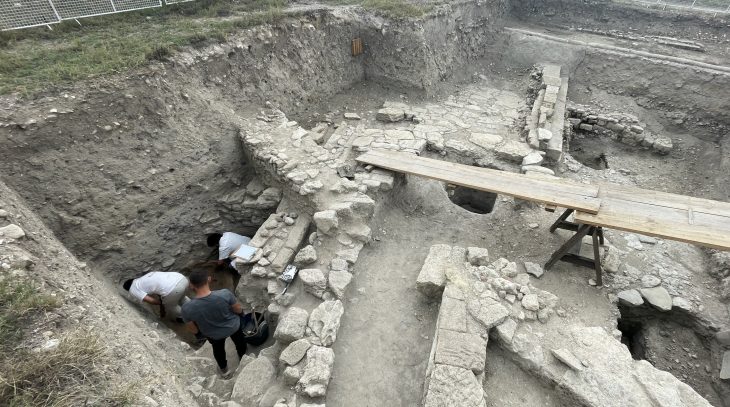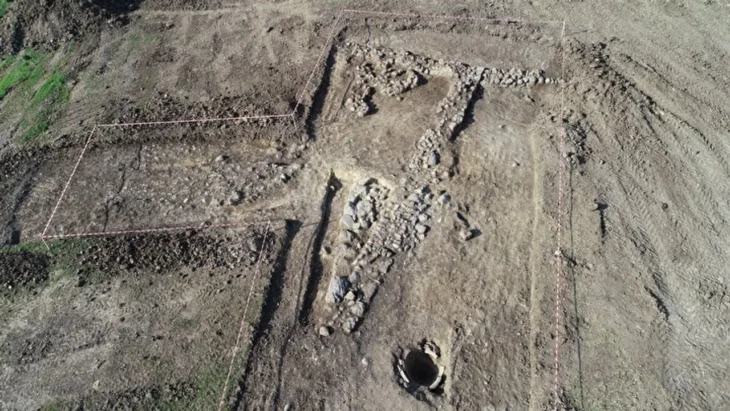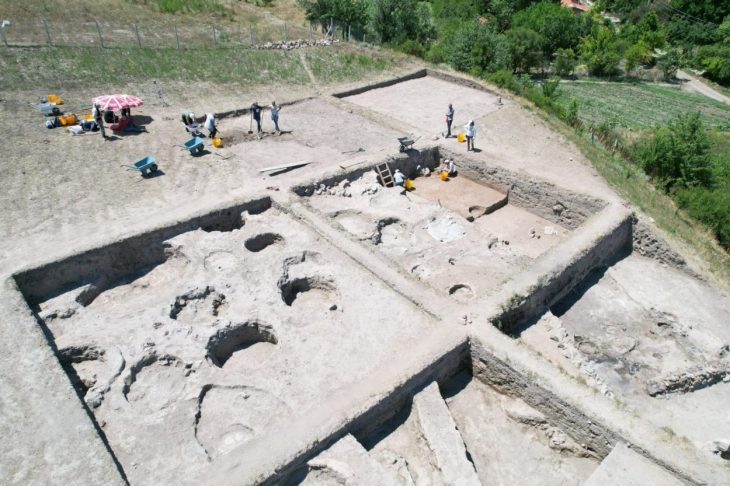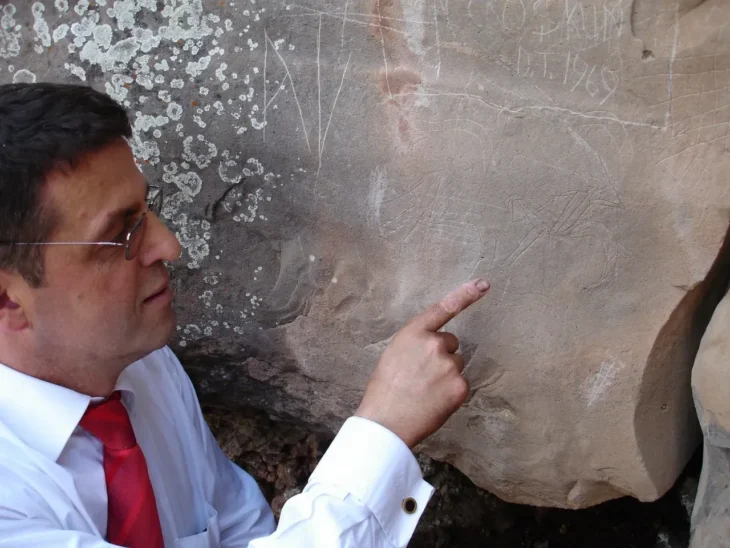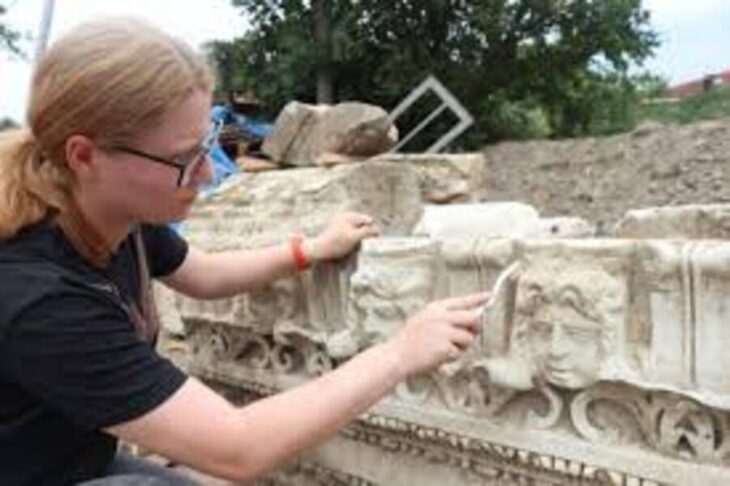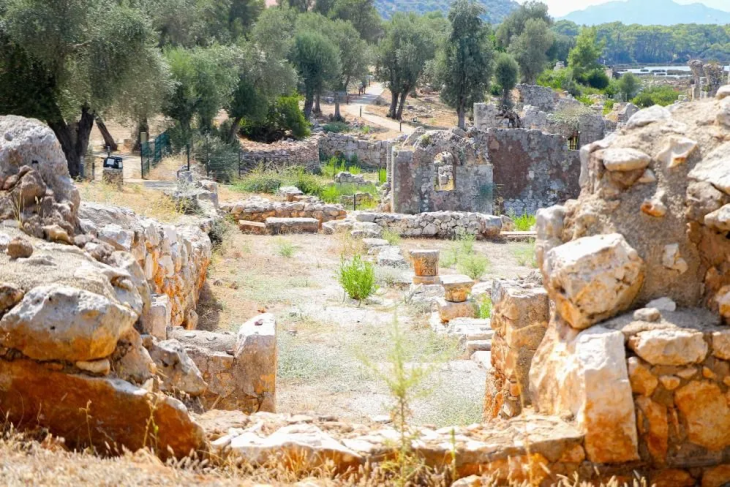Epidemics have been one of the factors affecting the fate of wars throughout history. Epidemics have sometimes turned the fate of a war to be won. Plague, in particular, stands out as one of the most troublesome diseases of ancient times. An archeology academic said that one of the wars that changed fate with epidemics was the Trojan war.
Çanakkale Onsekiz Mart University Archeology Department academic and the head of Troy Excavations, Professor Rüstem Aslan, said that in the last days of the Trojan War, the god Apollo infected the Akha army headquarters with plague. The army suffered great losses due to the pandemic. He said that in a counterattack, the Trojans caused great losses in the Akha army.
Excavations in the ancient city of Troy have been continuing in the northwestern province of Çanakkale as the world has been fighting against the coronavirus pandemic for more than a year.
Aslan said pandemics have been determinant factors in the fate of some wars since ancient times. Stating that pandemics during wars are one of the most discussed issues in ancient history, Aslan said that the Hittite Empire, one of the superpowers of the period, suffered from these epidemics many times and dealt great damage.
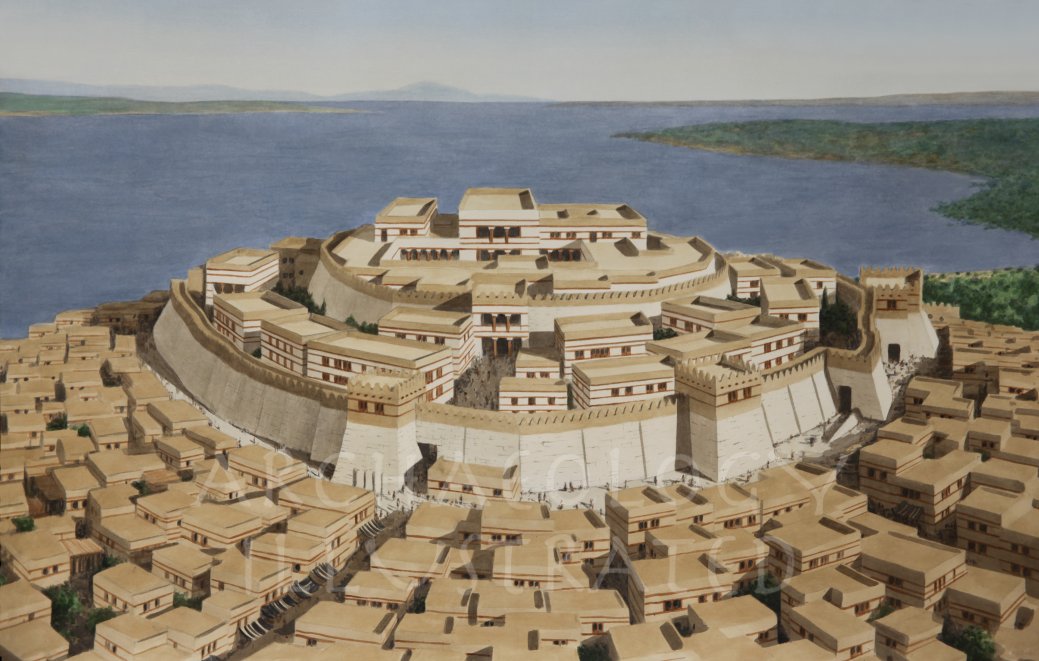
A pandemic in antiquity destroyed Assyria in 765 B.C., said Aslan, adding that the Persian King Kserkesin, who campaigned the Western Expedition in 480 B.C., left behind soldiers who died due to the pandemic while passing through Thrace and Macedonia, before having to return.
📣 Our WhatsApp channel is now LIVE! Stay up-to-date with the latest news and updates, just click here to follow us on WhatsApp and never miss a thing!!
He said that a well-known example of a pandemic during a war was at the time of the Eastern Campaign of Alexander the Great.
“In 334 B.C., after the famous battle in Granikos Plain, Alexander the Great defeated the Persian army near Biga in Çanakkale. According to historians, Alexander the Great then visited Troy and continued his Eastern Campaign, taking Achilles’ weapons from the Temple of Athens. After conquering all the cities and defeating all the armies in a very short time, Alexander the Great ended the Indian campaign due to the pandemic in 325 B.C. Although this is controversial among experts, Alexander the Great died of malaria he caught in Babylon in 323 B.C.,” he said.
The city of Athens was also surrounded by a pandemic when the Peloponnesian War occurred between the Athenian Empire and the Peloponnesian Union over the control of sea trade in the eastern Mediterranean and that lasted between 431 and 404 B.C. happened. “This, too, determined the fate of the war,” he said.
“The famous historian Thukididis regarded the pandemic as the punishment of the gods. He also got the disease and described the stages of the pandemic in detail. His statement, which explained the whole process until he was cured, is considered to be the first written document about immune systems.”
Source: DHA


